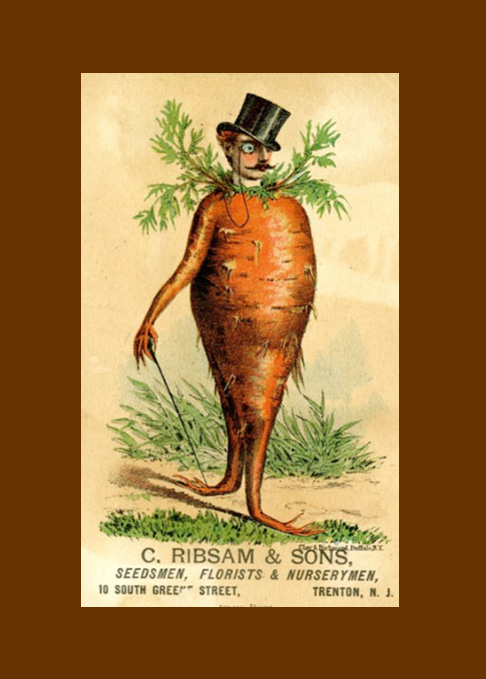We’ve made it to the end of the week, so it’s time to lighten the mood with muddled metaphors, idioms, and other valiant-but-failed attempts at figurative language. The results are inadvertent yet successful attempts at levity, jocularity, and generally increased levels of dopamine.
I destroy and recombine perfectly serviceable metaphors, idioms, and other innocents on a regular basis. Because I avidly collect others’ with glee, I know I’m not alone.
I’ve heard them called malaphors and malaprops, but I strongly disagree with using malaprop as any part of a description; first, because the term is ill-applied in an ironic twist (malaprops are intentional attempts to sound grand); and second, because mal itself, meaning “bad” is simply untrue—fun with words is never bad!
I’d go for something like risiphor or ridiphor, using the Latin risus, past participle of ridere "to laugh," meaning "laughable, capable of exciting laughter, comical" + pherein "to carry, bear" (from PIE root *bher- (1) "to carry," also "to bear children"). The result? “bearing laughter offspring.” Perfect!
As a bonus, who could resist saying, “That is patently risiphorous!” or “Another great ridiphor, Quinn!”
Although it bothers some who actually get these expressions right, the endless combinations that the rest of us come up with deserve a wide-girthed mirth berth.
And, even though these might technically appear to be…well…mistakes, I think they show a lack of rigidity at worst, and a creative brilliance at best. In fact, a risiphor combining more than two original elements is golden in my book.
So, I say we enjoy these twisted treasures for all they’re cracked up to be. As my daughter used to say when she was but a wee sass, “Mom, that tickles my timbers!”
Happily, it’s genetic~
After the candy, I’m in the mood for some actual food. Let’s see how many ways we can mess up the victuals…
Too many cooks spoil the child.*
When it rains, make lemonade.
Better to have a cook in your hat than ten in the soup.
They’re mixing apples and oranges in the same pot.
To make an omelet, you gotta break a leg.
* This one is from subscriber
, who writes Closing the LoopThank you for stirring it up at the Verbihund Café!
Ways to support writing as a livelihood; each one is appreciated!
restack this post
send to a friend
share on social media
send to others who love words and language!






I like "To make an omelet, you gotta break a leg." because it suggests the technical difficulty of making the perfect omelet. I got an acrobatic image of the chef.
Thanks for the plug, Kate! And thanks for the advice - think I'll steer clear of omelets for now..